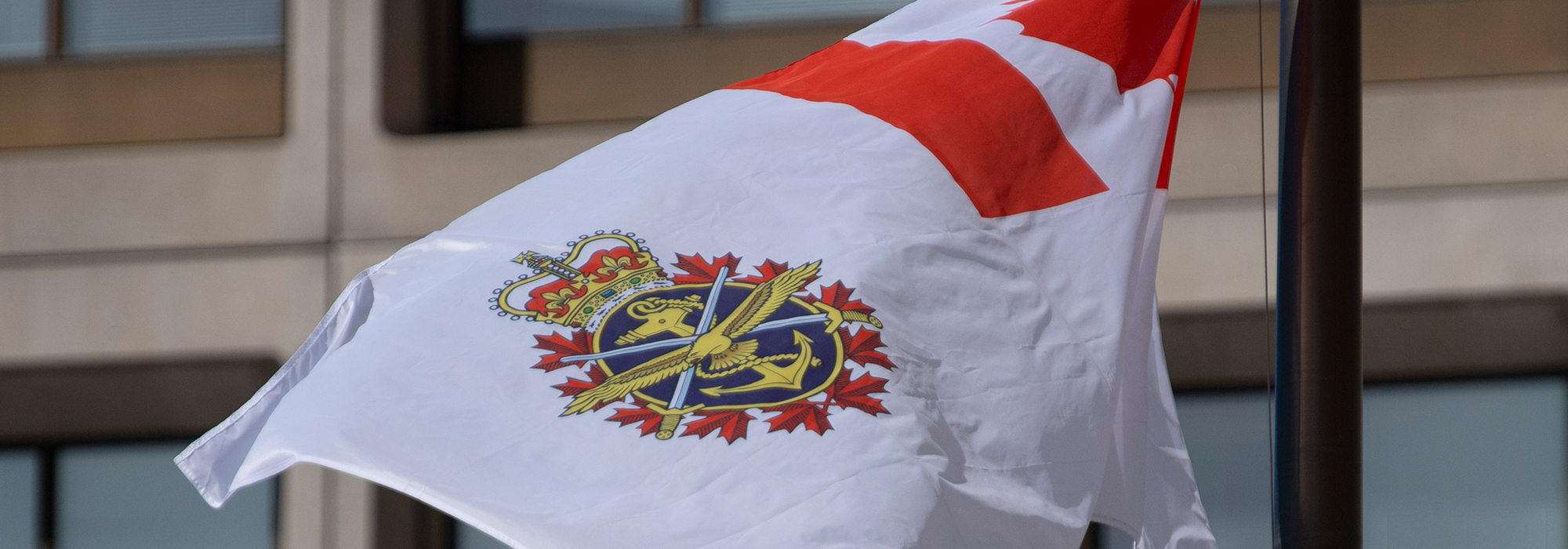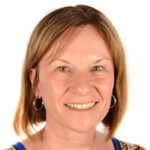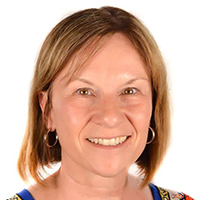
The last three weeks have seen the most significant public debate on military culture in Canada since the 1990s. With media interest erupting after allegations of sexual misconduct against the former and current chief of the defence staff were reported, one might describe this as a new military sexual misconduct crisis. But this is not a new crisis nor is it solely about sexual misconduct. This crisis has been going on for at least three decades. Now’s the time for the military to implement important changes to its culture. With calls for the creation of a new “oversight” agency, careful consideration must be given to what that means. We argue that this new oversight agency must have a broad mandate that includes military culture change, reporting directly to Parliament, and developed in consultation with those most impacted by the military’s problematic culture.
The Canadian Armed Forces (CAF) is an institution that has historically been built around the unstated assumption that ideal soldiers are white, male and heterosexual. A Human Rights Tribunal decision in 1989 forced the military to remove legal discriminations against the employment of women in all roles. In 1992, the military began to permit LGBTQ2 members to serve pending a court order to do so. In 1999, it was assumed that while significant progress had not been made, “there was sufficient senior leadership commitment” to achieve gender integration and military culture change. Nevertheless, the subsequent military training courses that were introduced on topics such as sexual harassment and racism were notoriously ill-fated.
Historically, there was no reason to ever assume that the military would successfully transform itself into a socially inclusive institution. Indeed, history would suggest that the military has only ever changed its culture in response to outside, direct and mandated pressures to do so. With the decision to not put those types of external pressures in place in 1999, the burden of forcing the necessary culture changes was placed on the shoulders of those personally experiencing the discrimination and violence resulting from not fitting into the “ideal soldier” mold. Today’s “new” crisis is the result of decades of deep-seated organizational resistance to change.
Operation Honour, which was launched in 2015 to eradicate sexual misconduct, was a superficial attempt at culture change. Operation Honour ordered military members to stop engaging in sexually inappropriate behaviour. It did not address the deeper root causes. The recent appointment of Lt.-Gen. Frances Allan as vice chief of the defence staff is welcomed, but another “first woman” celebration should not be confused or mislabelled as systemic culture change.
Indeed, any focus on individuals, good or bad, won’t change culture, nor will a hyper focus on reporting or punishment of problematic behaviour. Only substantive work on culture change will result in a welcoming, safe and inclusive workplace for all. This requires reflection on what traits and behaviours an “ideal soldier” should ideally exhibit. This also requires bigger questions such as: What kind of military do Canadians want to have; what should be the defining elements of its culture; and on what basis does military culture diverge from broader society? This is too important for the military to decide on its own, nor is culture change something the military can accomplish on its own.
The new agency would not focus exclusively on investigations but include oversight of the broader culture change required to address racism, sexism, misogyny, homophobia, ableism and more.
In conjunction with a broader public debate on the military’s future direction, we now have the proposal to create a “watchdog” for external oversight and accountability.
What principles need to guide any such oversight agency or office to ensure its effectiveness?
First, the new agency should have a broad mandate, similar to that of an Inspector General’s office. Such an agency could incorporate both the CAF ombudsman and the Sexual Misconduct Response Centre while also providing direction and monitoring over larger culture change initiatives. The new agency would not focus exclusively on investigations but include oversight of the broader culture change required to address racism, sexism, misogyny, homophobia, ableism and more. The agency should help transform institutional and structural systems rather than focus only on individual allegations of misconduct.
Second, the new agency should report directly and regularly to Parliament, not just the minister of defence. The agency’s mandate, authority, and budget need to explicitly include oversight to ensure transparency, accountability and public engagement.
Third, the new agency should be informed by the voices of lived experience. It’s important to include the perspectives of those who have lived through the military’s problematic culture. The current public debate is dominated by voices who are speaking about, but not for or with, affected CAF members and veterans. There needs to be clear mechanisms for those members to speak for themselves. The new agency needs to be created with meaningful individual and group consultation including military sexual trauma advocates, serving and veteran women and men, LGBTQ2, racialized and Indigenous members.
Finally, effective oversight is not a guarantee of successful military culture change, but it is one of its preconditions. True military culture change will require a national conversation. Looking forward, what type of military do Canadians want to have and for what purposes? Answering these questions goes far beyond looking for quick policy fixes and committee investigations. Real change will require long-term efforts, with public engagement, clear ministerial direction and, most importantly, an oversight agency with a mandate to report to Parliament. This type of agency might well become the model for providing oversight over all national security related departments and bodies in Canada.
Photo: The Canadian Forces flag flies outside office buildings in Ottawa, Tuesday March 9, 2021. THE CANADIAN PRESS/Adrian Wyld.









